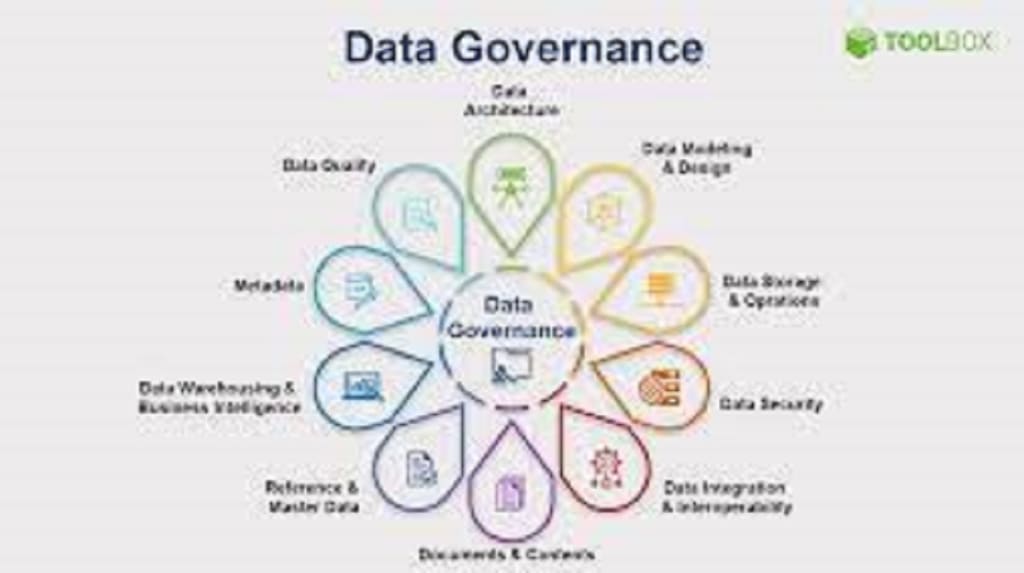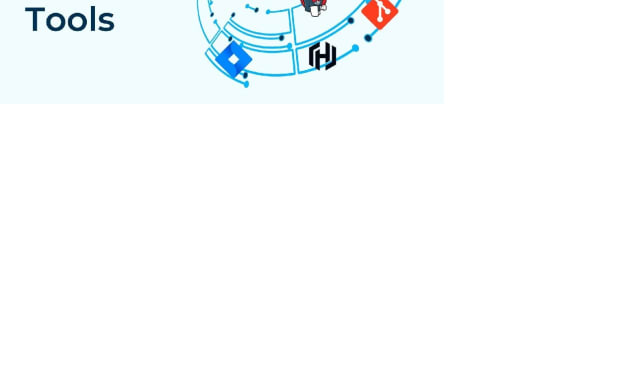10 Most Effective Tools for Data Governance
Top 10 Effective Data Governance Tools

Introduction
In today's data-driven world, data governance has become essential for organizations to effectively manage and protect their valuable information assets. With the increasing volume, velocity, and variety of data, it is crucial to implement robust data governance strategies and tools to ensure data quality, compliance, and security. In this article, we will explore the ten most effective tools for data governance that empower organizations to maintain data integrity and maximize its value.
Data Catalogs
Data catalogs are centralized repositories that store metadata and provide a comprehensive view of an organization's data assets. They offer a user-friendly interface, enabling data stewards and business users to easily discover and understand available datasets. By creating a searchable inventory of data assets, data catalogs ensure that stakeholders can find relevant data quickly and reliably, encouraging data-driven decision-making and reducing the risk of data duplication.
Data Quality Tools
Data quality tools assess and monitor the accuracy, completeness, consistency, and reliability of data. They automatically detect and rectify anomalies, duplicate records, and inconsistencies within datasets. By maintaining data integrity, these tools improve decision-making processes, mitigate compliance risks, and enhance overall data governance efforts.
Master Data Management (MDM) Tools
Master Data Management tools provide a centralized and consistent view of critical business data, often referred to as master data, such as customer information, product data, and supplier details. MDM tools ensure data uniformity across various systems and applications, minimizing errors and discrepancies in critical data elements and supporting efficient data governance.
Data Lineage and Data Mapping Tools
Data lineage and data mapping tools help trace the origins, transformations, and destinations of data throughout its lifecycle. These tools document the flow of data from its source to its consumption, ensuring transparency and compliance with data regulations. Understanding data lineage is essential for identifying potential risks, impact analysis, and ensuring data accuracy.
Data Governance Collaboration Platforms
Data governance collaboration platforms provide a centralized environment for data stewards, data managers, and other stakeholders to collaborate on data policies, standards, and procedures. These platforms facilitate data governance workflows, manage data-related tasks, and foster communication and coordination among teams to establish a consistent and robust data governance framework.
Data Security and Privacy Tools
Data security and privacy tools play a vital role in data governance by safeguarding sensitive information and ensuring compliance with data protection regulations. These tools implement access controls, encryption, and data masking techniques to protect data from unauthorized access, reducing the risk of data breaches and maintaining data privacy.
Data Compliance and Audit Tools
Data compliance and audit tools assist organizations in adhering to various data-related regulations, such as GDPR, CCPA, HIPAA, and others. These tools monitor data activities, identify compliance gaps, and generate audit reports to demonstrate adherence to legal requirements. By promoting data compliance, organizations build trust with customers and avoid potential legal liabilities.
Data Classification Tools
Data classification tools categorize data based on its sensitivity and importance. By assigning appropriate labels to data, organizations can implement differentiated security measures and access controls. Data classification ensures that data governance policies are applied effectively, focusing resources on protecting the most critical and sensitive information.
Data Governance Dashboards
Data governance dashboards provide real-time insights and visualizations about an organization's data health and compliance status. These user-friendly interfaces enable data governance teams to monitor key performance indicators, track data quality metrics, and identify areas for improvement, streamlining decision-making processes and fostering continuous data governance improvements.
Data Governance Policy Management Tools
Data governance policy management tools enable organizations to define, document, and enforce data policies, rules, and standards consistently. These tools ensure that data governance guidelines are communicated clearly across the organization, driving data awareness and adherence to data governance principles.
Conclusion
In the era of big data, organizations cannot afford to neglect the importance of effective data governance. The ten tools mentioned in this article provide essential support for data governance efforts, ranging from data discovery and quality assessment to security, compliance, and collaboration. By implementing these tools strategically, organizations can ensure that their data remains accurate, secure, and compliant, ultimately leading to improved decision-making and competitive advantages in the data-driven landscape.
About the Creator
Kai Jones
With 11 years of experience in the cybersecurity industry, I have become a well-respected consultant in the field.
Enjoyed the story? Support the Creator.
Subscribe for free to receive all their stories in your feed. You could also pledge your support or give them a one-off tip, letting them know you appreciate their work.






Comments
There are no comments for this story
Be the first to respond and start the conversation.